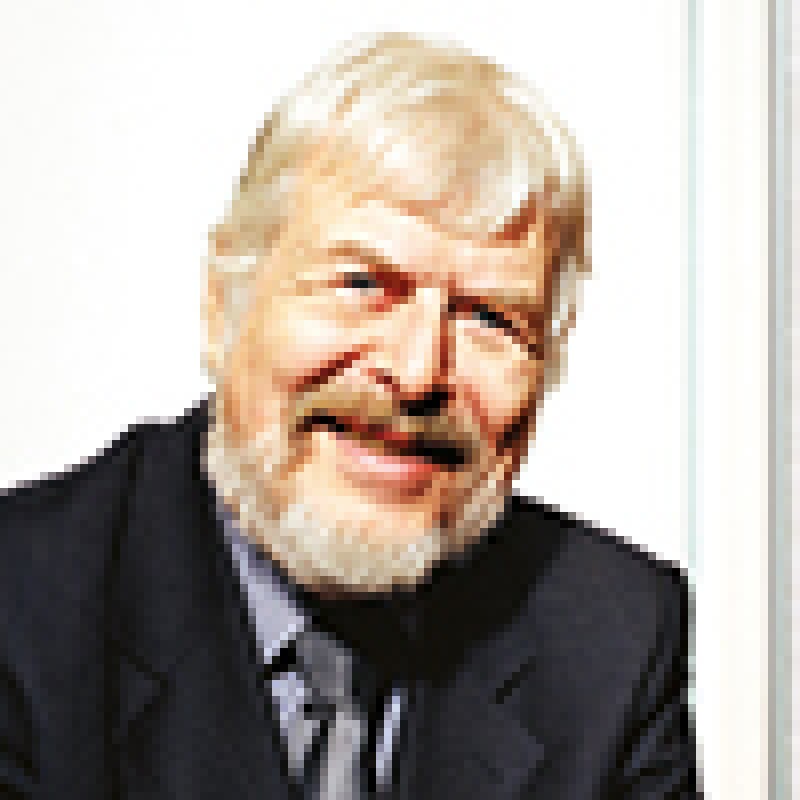According to German Patent Law the courts are bound by the grant of a patent by the respective Patent Office. In consequence thereof they cannot hold a patent as null and void: an action for declaration of non-infringement cannot be based on the lack of patentability of the patent. However, a defence against an infringement action is possible by pleading that according to the state of the art the infringing object is covered by that state of the art or an obvious derivation of it and therefore cannot fall under the scope of the patent if that patent (the claims) would otherwise be infringed only in an equivalent way. But such a defence is consequently denied if the claims would be infringed literally – because then that defence based on prior art is equivalent to a claim of nullity of a patent which the courts are not allowed to judge due to the concept of bifurcation. This sort of defence, namely that the infringing object is made according to prior art, is called in Germany Formsteineinwand after a decision of the German Supreme Court ruling on such a defence.
Austrian Patent Law also adheres to the concept of bifurcation. The Commercial Court in Vienna which hears all patent infringement cases has to judge the defence of nullity of the infringed patent first of all itself. If it is of the opinion that the nullity defence is not sufficiently substantiated it accepts the granted patent as it is and continues the infringement proceedings. If it however thinks that there is merit in the defence of nullity of the patent in question it has to stay its proceedings and sets a term for the defendant to institute nullity proceedings at the Patent Office. If within the term set the court is not informed about the commencement of such a procedure at the Patent Office it continues the infringement procedure accepting the grant of the patent as is and disregards the nullity defence. However, according to Austrian Patent Law the courts cannot hear declaratory actions for patent infringement or non-infringement. The Austrian Patent Office is competent as first instance tribunal for positive or negative declaratory actions concerning a patent. For such actions Austrian Patent Law states that the file wrapper and all prior art documents have to be taken into account. Second instance is the Higher Regional Court in Vienna.
Now that Higher Regional Court has handed down an appeal decision in a negative declaratory action (34 R 146/15p). In that case the claimant had pleaded the Formsteineinwand citing prior art which showed that the device in suit was constructed according to that prior art or an obvious derivation of it respectively and therefore could not be infringing since the scope of patent claims cannot cover what is already known. The defendant (patent owner) counter-argued that the claims are infringed literarily and, therefore, as shown by German text books and German case law the Formsteineinwand cannot be involved and if the claimant does not file timely a nullity suit the negative declaratory action has to be rejected.
The Appeal Court held that according to Austrian Patent Law in declaratory actions the granting authority (Austrian Patent Office) itself judges the case in first instance which is also the first instance in nullity actions and above that it has to consider all presented prior art by law. Therefore, it cannot be doubtful that it is not bound by the grant of the patent such as German courts so that there is no hindrance to find non-infringement also where literal infringement is pleaded so that the granted patent is deemed to be invalid for that suit between these specific parties.
That decision has far-reaching consequences. Since the courts in an infringement procedure are bound by the concept of bifurcation requiring separate nullity proceedings we have here in Austria through positive or negative declaratory actions starting before the Patent Office a combined procedure in which infringement and all nullity issues can be dealt with in one procedure. That makes that kind of action now much more attractive since bifurcation does not apply.

|
Helmut Sonn |
SONN & PARTNER Patentanwälte
Riemergasse 14
A-1010 Vienna, Austria
Tel: +43 1 512 84 05
Fax: +43 1 512 98 05










